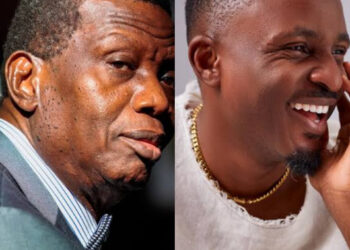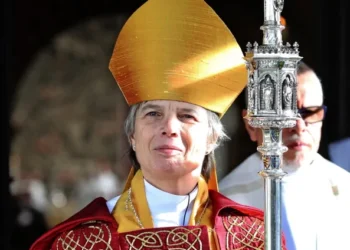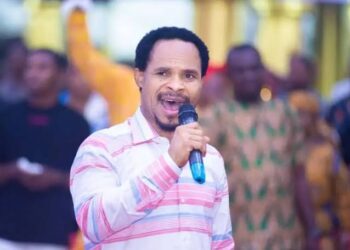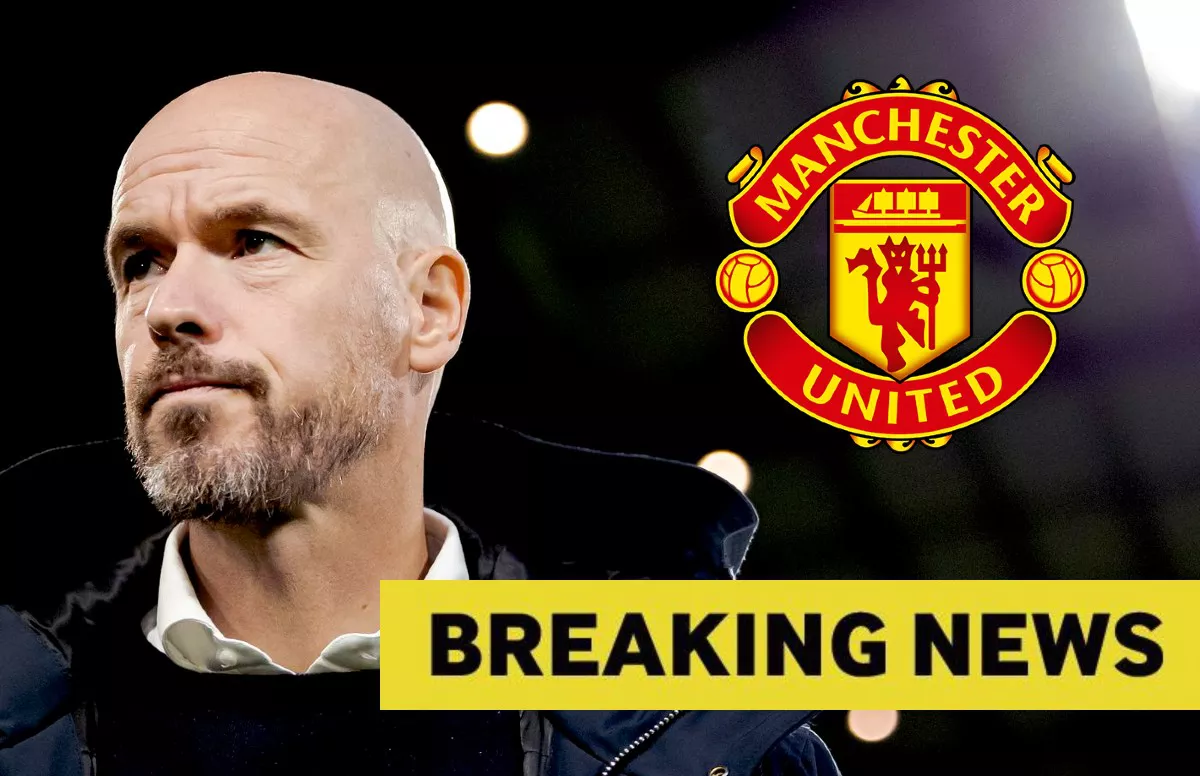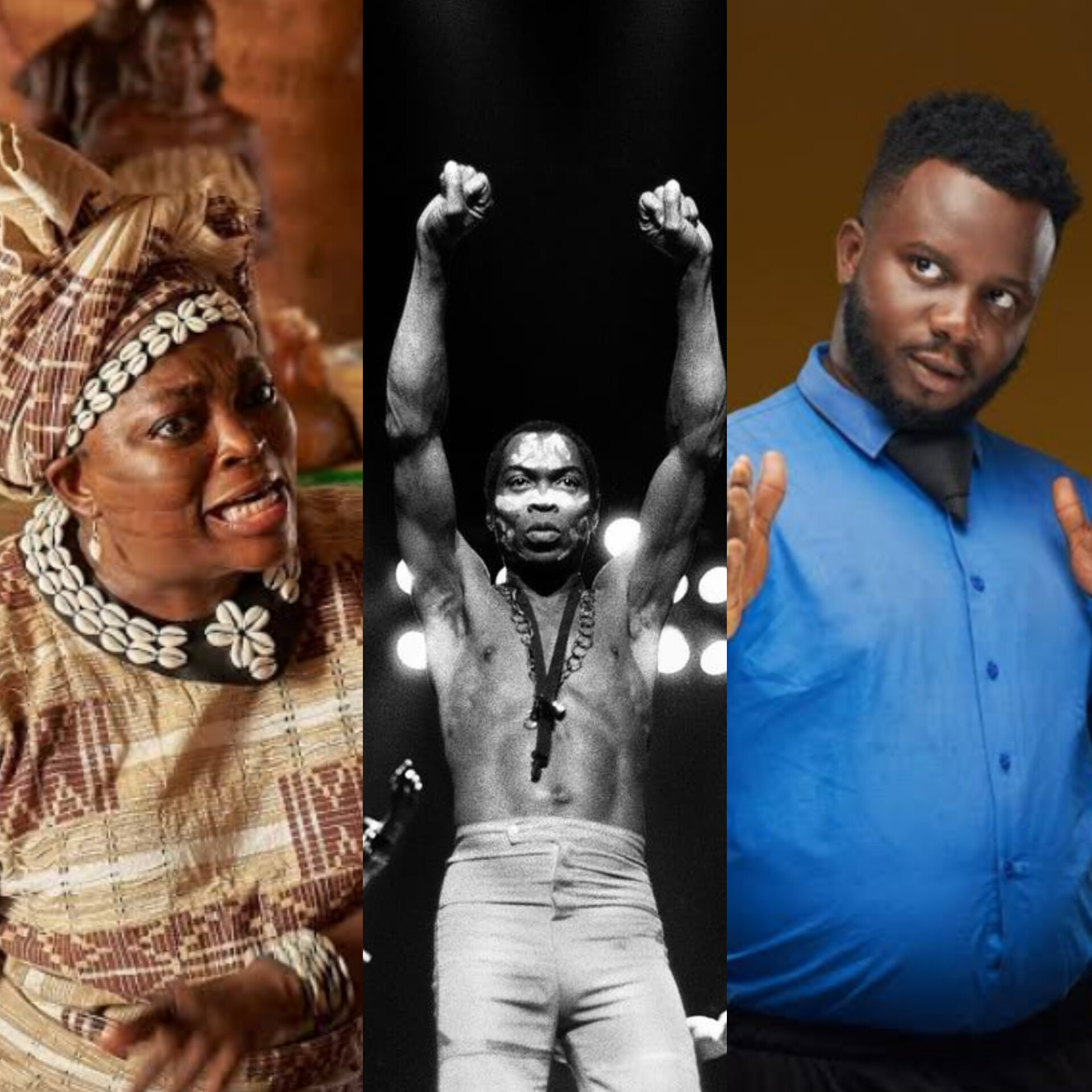By Fasuyi Tolulope Samuel
In the ever-volatile space of Nigerian social media, one trend has remained constant — the relentless spotlight on Christian leaders.
From Facebook to X (formerly Twitter), YouTube to TikTok, pastors and prominent figures in Christianity often find themselves under intense scrutiny, more than their counterparts in Islam or traditional religions.
But why is this the case? Let’s see some reasons for this below:
1. Visibility and Influence
Christian leaders such as Pastors in Nigeria occupy highly visible positions — not just within their congregations but across mainstream and digital platforms. Their voices are amplified via satellite TV stations, mega-church broadcasts, Instagram reels, and book publications.
Many run ministries with millions of followers, rivaling celebrity fanbases. As public figures, they inevitably attract attention — both admiration and criticism.
2. Prosperity Gospel and Perceived Wealth
Another major trigger is the association of many Christian leaders with the prosperity gospel — the belief that faith and sowing seeds (financial giving) unlock divine wealth.
This doctrine, popularized by several Nigerian pastors, often clashes with the harsh economic realities many Nigerians face daily. Critics on social media question the wealth of some pastors, their luxurious lifestyles, and the demand for financial seeds from poor congregants. These debates ignite intense emotions and viral threads.
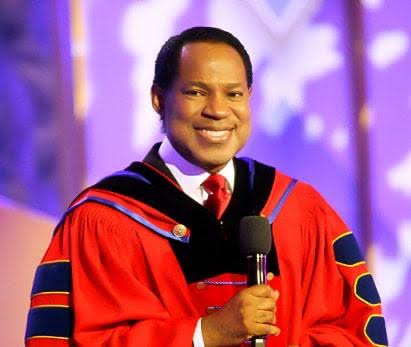
3. Internal Disagreements and Doctrinal Disputes
Christianity in Nigeria is heavily denominational, with various churches interpreting scripture differently. This diversity leads to public disagreement between leaders and their followers, sometimes over miracles, prophecy, or doctrinal issues.
When a pastor makes a controversial statement or prediction, it’s not just outsiders who attack — fellow Christians may also publicly challenge or disown such messages, often leading to trending topics.
4. A Culture of Accountability (and Mockery)
Unlike Islam in Nigeria, which has a more conservative and protective culture toward religious leaders, Christianity often fosters open discussion and critique — even of its most revered voices.
While this openness can promote accountability, it also leaves room for exaggerated criticism and mockery. Memes, parody accounts, and reaction videos targeting Christian leaders are commonplace — sometimes crossing the line from critique to disrespect.
5. Silence or Soft Rebuttals
Many Christian leaders avoid confrontations online. They rarely respond directly to critics, opting instead for silence or indirect sermon responses.
This lack of engagement sometimes emboldens social media users to speak more freely and aggressively, knowing there will be no direct pushback or legal consequences.
6. The Model_ Jesus Christ Was Attacked
Jesus Christ is the exemplary model for Christians and He was never missed in action when it comes to attack. He was even arrested and crucified while a hardened criminal was released as narrated in the Holy Bible.
It is not shocking that when Christian leaders in this part of the world if the head of the church, which is Jesus Christ was attacked severally in His earthly ministry.
Is It Fair?
While public figures should be accountable, the disproportionate criticism faced by Christian leaders raises questions of bias.
Do societal expectations lean heavier on Christianity because of its association with Western values and openness? Or is it simply the cost of visibility in a hyperconnected age?
Whatever the answer, one thing is clear — Christian leaders must now navigate not only pulpits but the unpredictable tides of digital culture. And with the rise of Gen Z and digital-native audiences, that challenge isn’t going away soon.





